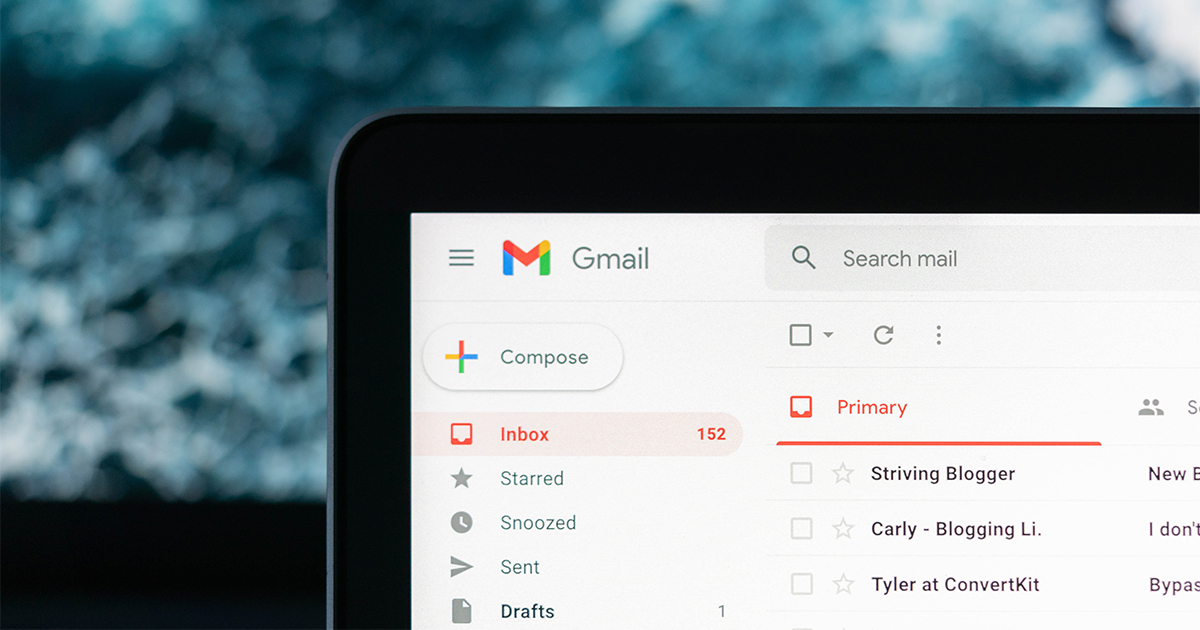Consume more consciously
Every decision we make has an impact on the world, so ask yourself, were there ethical conditions in the creation of the product? What are the working conditions of the workers? Were they paid and treated fairly? How has the production process impacted the environment? Some smartphone manufacturers claim to ensure humane working conditions and offer products free from conflict minerals.Adjust power settings
When you are not using your digital devices make sure to turn them off to help save energy. You can even set your computer to go into sleep to conserve energy.Lower your monitor brightness
Dimming your monitor will not only help to reduce the energy consumption of the monitor but also reduces strain on your eyes.

Avoid creating electronic waste
If you really need a new phone or computer, how about buying second hand? And if your old one isn’t completely done for, you can try and get it repaired. You can also look into borrowing or renting digital devices which you do not plan to use frequently.Turn on tracking protection
On nearly every website you visit, data about you was transmitted to dozens or even hundreds of companies. Setting your web browser preferences to the strict setting will block most data transfers and processing, leading also to less energy being used.Cut back on streaming – or try out alternatives
Streaming moving images and music amounts to a lot of internet traffic. Downloading your favourite playlist or movies rather than streaming means you will pull the data from the server only once, reducing your digital carbon footprint. Reducing the resolution of the videos you watch also massively reduces the data used to stream.Correctly dispose of your old gadgets
If some of your electronics have come to the end of their life, make sure to dispose of them correctly. For information about how this should be done in Malta, refer to WEEE Malta for further information.Clean out your email inbox
Have you ever thought of all the computing power needed to store all your emails? Unsubscribe from the newsletters you always ignore and regularly check your junk/spam mail and dispose of all the emails. Also, if you read an email you know you will no longer need to refer to in the future, go ahead and press delete to reduce your storage requirements.Offset your digital carbon footprint
You can use a search engine like Ecosia, which funds tree planting from the profit it makes through online searches.Take a break from your devices
Stop turning to your phone every time you have a couple of minutes to spare. You’ll do a little bit of good for the planet, and a lot of good to your brain. Daydream, people-watch, read, go for a walk… Now you can take some of these easy steps to reduce your digital carbon footprint! Don’t forget we can all make a difference.SIGN UP FOR OUR NEWSLETTER
Sources: Kelly, 2019, Eight ways to reduce your digital carbon footprint, https://blog.mozilla.org/en/internet-culture/deep-dives/digital-carbon-footprint/ [Accessed 05 August 2021]. Jungblut, 2019, How to Reduce Your Digital Carbon Footprint, https://en.reset.org/act/how-reduce-your-digital-carbon-footprint-01012020 [Accessed 05 August 2021].The information contained herein is for general information purposes only. APS Bank plc will not be held responsible or liable in any manner for any of the information contained herein. While APS Bank plc has made every attempt to ensure that the information contained herein has been obtained from reliable sources, APS Bank plc will not be held responsible for any errors, omissions or inaccuracy, or for the results obtained from the use of this information. The primary purpose of these articles is to educate and inform. These articles do not constitute legal, medical or professional advice or service.

